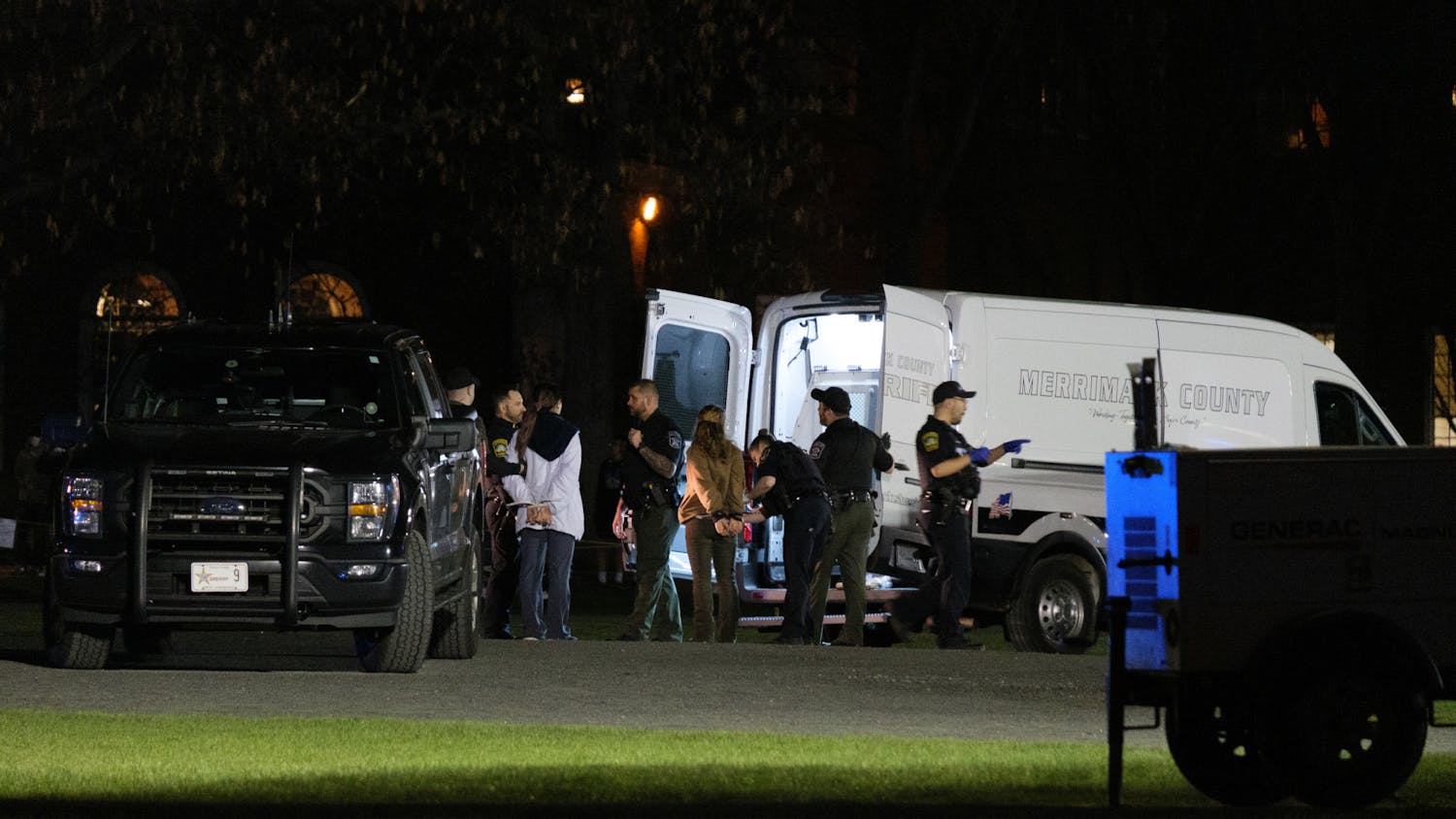Is it gauche to describe oneself as a nihilist? Does circumlocution brand one as jejune, or is it a tautology that stems from hubris?
Chances are, these aren't questions that keep many high school graduates up at night. But according to the editors of the American Heritage Dictionary, knowing words like "jejune" and "tautology" demonstrates the quality of one's education.
The dictionary's editors recently released a list of 100 words that all high school graduates should know. The list, which ranges from "abjure" to "ziggurat," is described on the American Heritage Dictionary's website as "a benchmark against which graduates can measure themselves."
Dartmouth's new crop of high school graduates, though, was not so sure the list has relevance.
Most '06s contacted by the Dartmouth were at a loss when it came to the definitions of the more obscure words on the list. When asked to guess what the word "bowdlerize" means, student's responses ranged from "speaking badly" to "stealing something." The word's actual definition, according to American Heritage, is "to modify, as by shortening, simplifying or by skewing content."
The word "fiduciary" proved to be another stumbling block. "Is it some kind of official?" Samantha Kepler '06 asked. "It sounds like a gland," Stephen Macekura '06 suggested. Defined as "of or relating to a holding of something in trust for another," this word stumped all students interviewed.
Not all of the words included on the list were obscure, such as "Euro." Students had no problem recognizing the new European currency. Other words, like "chromosome," "parabola" and "reciprocal" were also no challenge for the '06s.
For the most part, though, they agreed that the words were random and hardly indicative of a healthy vocabulary. "You wouldn't use them in an average conversation," Alyssa Caballero '06 said.
Not only would most people not use these words during everyday life, but some students thought it would be impolite to use them in most situations. "It's condescending," Patrick Pfeiffer '06 said.
Such an expanded vocabulary could even be intimidating. If a professor used the sort of words included on American Heritage's list, Pfeiffer said, he would drop the class.
Some students also disagreed with the notion that a person should work to have a good vocabulary.
"I think a good vocabulary is unimportant because the purpose is to communicate, so if we get out of high school and can communicate, we can get along," Macekura said. "Whether we can use big words to make ourselves feel better is unimportant."
On the dictionary's website, senior editor Steven Kleinedler wrote that if a person can use the words on the list, "you are likely to have a superior command of the language."
The list may or may not be a fair measure of verbal prowess, but with words like "quotidian" and "abrogate," Kleinedler's comment does seem to be a fair one.



